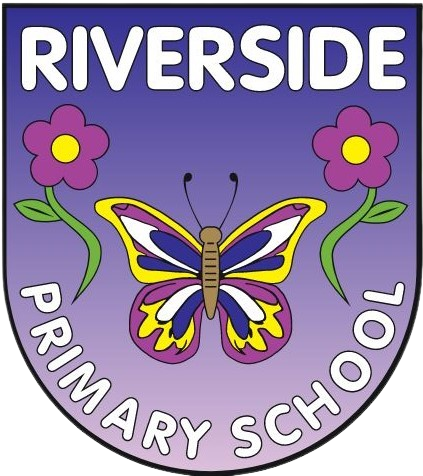Year 6
Health and Wellbeing
It is common for people to experience mental ill health. For many people who do, the problems can be resolved if the right support is made available, especially if accessed early enough.
Where and how to seek support (including recognising the triggers for seeking support) including whom in school they should speak to if they are worried about their own or someone else’s mental wellbeing or ability to control their emotions (including issues arising online).
The internet can also be a negative place where online abuse, trolling, bullying and harassment can take place, which can have a negative impact on mental health.
Addictive behaviour
OCD
Risks associated with an inactive lifestyle (including obesity) (Science)
The characteristics of a poor diet and risks associated with unhealthy eating and other behaviours .(Science)
Phobias
Poverty
Relationships
Most friendships have ups and downs and that these can often be worked through so that the friendship is repaired or even strengthened and that resorting to violence is never right.
Importance of self respect and how this links to their own happiness.
Marriage represents a formal and legally recognised commitment of two people to each other which is intended to be lifelong. No one should marry if they don’t absolutely want to do so or are not making this decision freely for themselves.
Two people who love and care for one another can be in a committed relationship and not be married or in a civil partnership.
The difference between and the term associated with sex, gender identity and sexual orientation.
Death caused by natural and man made disasters.
Living in the Wider World
Privacy and implications of it for both children and adults; including that it is not always right to keep secrets if they relate to being safe. Each person’s body belongs to them and the differences between appropriate and inappropriate or unsafe physical and other contact. Importance of permission seeking and giving in relationships with friends, peers and adults.
How to be a discerning consumer of information, including that from search engines is ranked, selected and targeted.
For most people the internet is an integral part of life and has many benefits. (Computing)
Where and how to report concerns and get support with issues online. (Computing – E-Safety lesson)
Information and data is shared and used online. People use the internet and online gaming to entice people to become involved. Never give out personal details
Facts and science relating to allergies, immunisation and vaccination.
How to make a clear and efficient call to emergency services if necessary
Concepts of basic first-aid for example dealing with common injuries, including head injuries.
Terrorism and extremism
